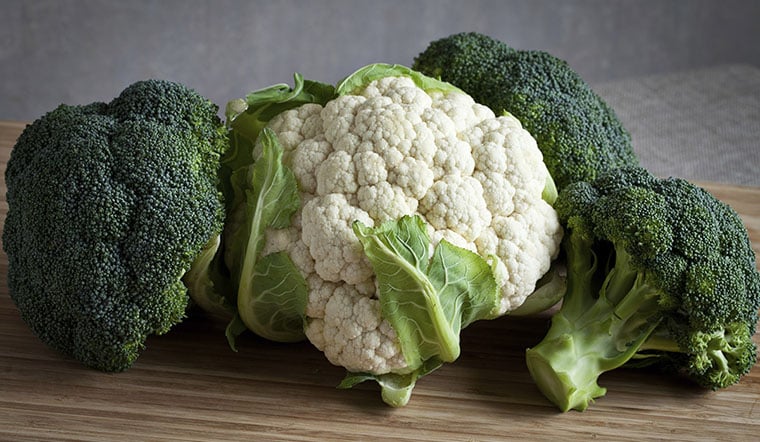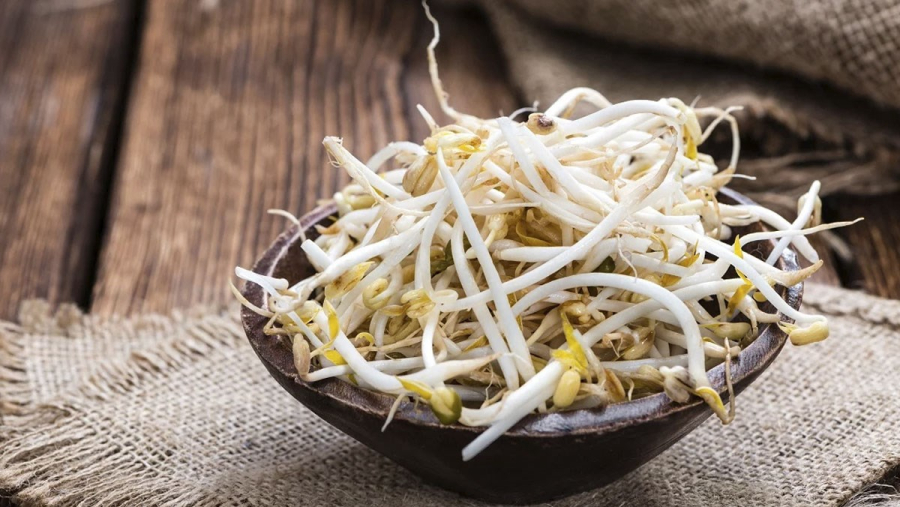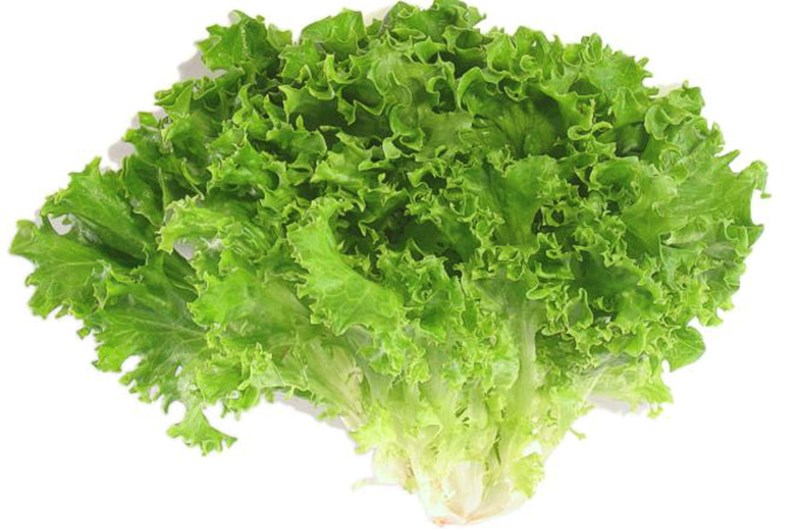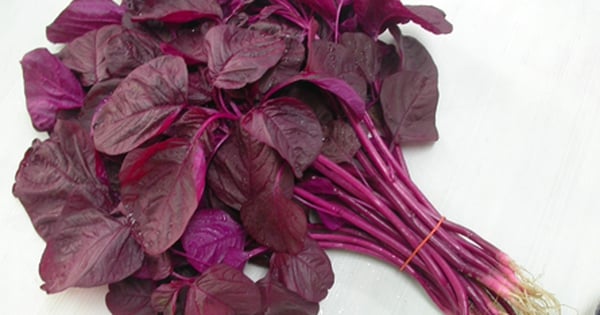Broccoli

Broccoli is a popular vegetable with high calcium content, delicious taste, and consuming a handful of it daily can meet the daily calcium requirements for the body. For adults, medical studies have shown that broccoli can also prevent the development of early-stage cancer cells.
Prepare 350gr of broccoli, remove the roots, and cut them into small florets. Cut some carrots and mushrooms. Rinse them with clean water. Crush a few cloves of garlic and chop them into minced garlic. Put them in a small pot for later use.
In a pot of boiling water, add 1 teaspoon of salt and a little vegetable oil, wait for the water to boil, then add the broccoli and carrots, stir a few times with a spoon, wait for the water to boil again, and then remove them.
Mung bean sprouts

With just 100g of mung bean sprouts, you get 38g of calcium. In addition, mung bean sprouts also contain a combination of valuable nutrients for health such as vitamin B2, B6, E, C, PP…
Mung bean sprouts also contain 2 important compounds in the process of building a strong skeletal system, which are phytoestrogens and isoflavones. These compounds reduce the rate of bone erosion, protect and prevent bone degeneration, and stimulate the formation of bone-forming cells.
Parsley

In 100 grams of parsley, there is a high calcium content of 70 grams. Besides its high calcium content, which significantly contributes to the increase in height in children, parsley also contains an abundant amount of vitamin C, which enhances the immune system and strengthens the child’s immune system.
Rinse the parsley, cut it into small pieces, and mince the garlic.
Boil water in a pot, add a teaspoon of salt and a little vegetable oil, wait for the water to boil, then add the parsley, stir well, and strain the water.
Red amaranth

According to research, the amount of calcium in red amaranth is higher than that in cow’s milk. In addition to calcium, red amaranth also contains a rich amount of vitamin K, which helps the body absorb calcium better. For pregnant women, regular consumption of red amaranth can help reduce anemia and calcium deficiency for both mother and baby.
Dangers of Microwaving Certain Foods
Many of us rely on microwaves to quickly prepare meals or snacks, but caution must be taken as some foods can be dangerous to health when heated in this appliance. Breast milk, broccoli, defrosted fruit, and other items should not be placed in microwaves, so it’s important to educate oneself on which foods are safe for use in this appliance.
“How to Make Fresh and Safe Homemade Bean Sprouts in 5 Easy Steps”
Are you looking for a delicious and healthy way to enjoy beans while avoiding the hassle of grocery store shopping and potential quality issues? Look no further – XANH Electronics has the solution! We’ll be introducing you to 5 simple and nutritious recipes for making homemade beans that will be sure to please your taste buds as well as your wallet!



































